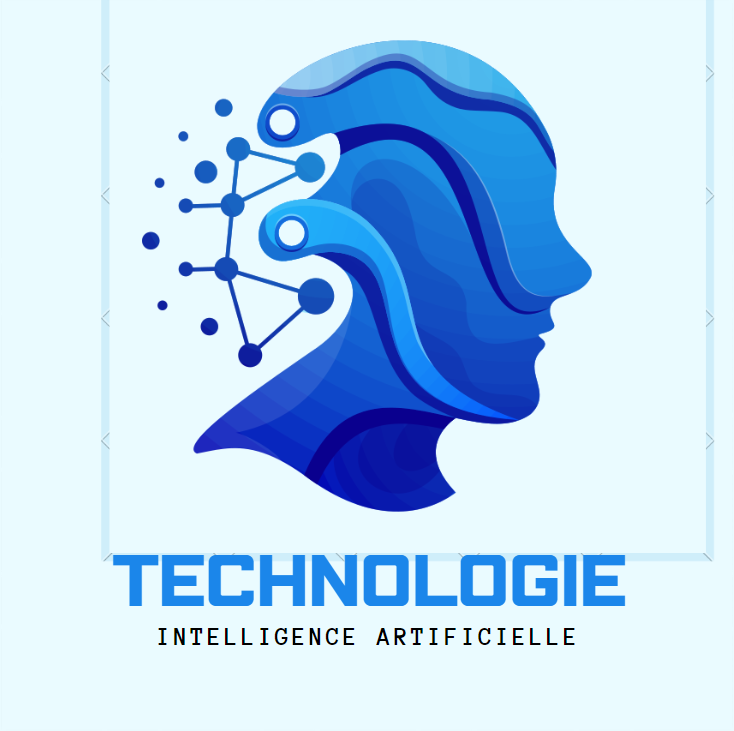information technology
Technology refers to the application of scientific knowledge for practical purposes, often involving the creation of products, systems, or processes to meet human needs.
 |
| information technology |
IT plays a fundamental role in virtually every aspect of modern life, from business operations and communication to entertainment and education.
what is infomation technology ?
information technology (IT) refers to the use of computers, software, networks, and other digital technologies to store, retrieve, transmit, and manipulate data. It encompasses a broad range of areas, including computer hardware and software, networking, cybersecurity, cloud computing, database management, and more. IT plays a fundamental role in virtually every aspect of modern life, from business operations and communication to entertainment and education. It enables individuals and organizations to process, manage, and share information efficiently, leading to increased productivity, innovation, and connectivity
information technology for beginners
For beginners in information technology (IT), here are some key areas to focus on:
- Computer Basics: Understand the basic components of a computer, such as hardware (CPU, RAM, storage) and software (operating systems, applications)
- Operating Systems: Learn about different operating systems like Windows, macOS, and Linux, and how to navigate them.
- Networking: Get familiar with the basics of computer networks, including how devices connect, IP addresses, routers, and protocols like TCP/IP.
- Cybersecurity: Understand the importance of cybersecurity and learn basic practices such as creating strong passwords, identifying phishing attempts, and securing your devices.
- Programming: Explore introductory programming languages like Python or JavaScript to understand the basics of coding and logic.
- Database Management: Learn about databases and how they are used to store and manage large amounts of data.
- Cloud Computing: Familiarize yourself with cloud computing concepts and services like cloud storage, virtual machines, and Software as a Service (SaaS).
- IT Support: Gain knowledge of basic troubleshooting techniques to solve common computer and network problems.
- IT Career Paths: Research different IT career paths such as software development, network administration, cybersecurity, and IT support to find what interests you the most.
- Continuous Learning: IT is a rapidly evolving field, so stay curious and be prepared to continue learning throughout your career.
There are many online resources, tutorials, and courses available for beginners in IT, so don't hesitate to explore and experiment with different technologies to find what suits you best.
information technology company
An information technology company is a business that specializes in providing products and services related to information technology. These companies typically offer a wide range of solutions, including software development, IT consulting, hardware sales and support, cybersecurity services, cloud computing solutions, network infrastructure setup and management, and more. Examples of well-known IT companies include Microsoft, IBM, Google, Amazon Web Services (AWS), Cisco Systems, and Oracle. These companies play a critical role in driving innovation and enabling businesses and individuals to leverage technology effectively.
Information about technology
Technology encompasses the tools, techniques, and processes used to solve problems and accomplish tasks efficiently. Here are some key points about technology:
- Types of Technology: Technology can be classified into various categories, including information technology (IT), biotechnology, nanotechnology, green technology, medical technology, and more.
- Evolution: Technology evolves over time, driven by innovation and advances in science and engineering. This evolution leads to the development of new products, services, and industries.
- Impact: Technology has a profound impact on society, economy, and culture. It has revolutionized communication, transportation, healthcare, education, entertainment, and many other aspects of daily life.
- Benefits: Technology has brought numerous benefits, including increased efficiency, productivity, convenience, and connectivity. It has also facilitated global collaboration and democratized access to information.
- Challenges: Despite its benefits, technology also poses challenges, such as privacy concerns, cybersecurity threats, job displacement due to automation, digital divide, and environmental impacts.
- Ethical Considerations: The ethical implications of technology are important to consider, including issues related to privacy, data security, algorithmic bias, and the ethical use of emerging technologies like artificial intelligence and genetic engineering.
- Innovation: Innovation is at the heart of technology, driving continuous improvement and the development of groundbreaking solutions to address complex problems.
Overall, technology plays a crucial role in shaping the world we live in and will continue to be a driving force in shaping the future.
In conclusion, information technology (IT) is a multifaceted field that encompasses the use of computers, software, networks, and digital technologies to manage, process, and transmit data. It permeates every aspect of modern life, from business operations and communication to entertainment and healthcare.
